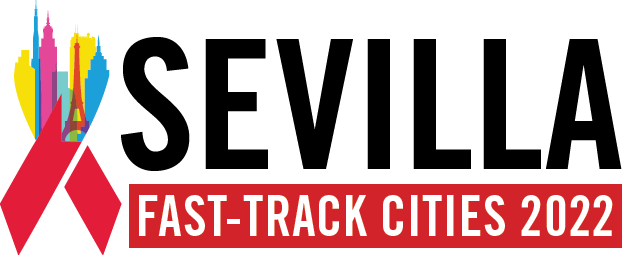
IAPAC AND CITY OF SEVILLA ANNOUNCE FAST-TRACK CITIES 2022
Sevilla, Spain (April 7, 2022) – The International Association of Providers of AIDS Care (IAPAC), the City Council of Sevilla, and civil society representatives held a joint press conference today to officially announce the Fast-Track Cities 2022 conference, which will take place October 11-13, 2022, in Sevilla. Under the theme of “Leading Together,” the conference will reflect the intersection of solidarity and leadership in public health as the framework of the Fast-Track Cities movement.
The Fast-Track Cities network was launched on World AIDS Day 2014 with the signing of the Paris Declaration on Fast-Track Cities by 26 cities around the world. Today, the Fast-Track Cities network has more than 390 cities globally committed to the goals of ending the HIV and tuberculosis (TB) epidemics and eliminating HBV and HCV by 2030. There are more than 15 Fast-Track Cities in Spain, of which Sevilla was the first to join the global network in 2015.
The Fast-Track Cities 2022 conference will provide space for interactive dialogue and facilitate the collaborative development of innovative approaches to ending HIV and TB, as well as eliminating viral hepatitis. The conference aims to foster exchange and cooperation between government leaders, public health officials, clinical service providers, urban health experts, and civil society representatives from current and future Fast-Track Cities.
The topic of the conference’s high-level panel will focus on realizing migrants’ right to health, a key population for which greater efforts are needed in optimizing access to and use of health services related to HIV, TB, viral hepatitis, and other diseases.
“Given the leadership of the multiple public health actors that are driving Sevilla’s response to HIV, the theme ‘Leading Together’ is ideal for the Fast-Track Cities 2022 conference that we will hold in your city,” said Dr. José M. Zúñiga, President/CEO of IAPAC and the Fast-Track Cities Institute. “By convening the entire Fast-Track Cities network, we intend to publicize their successes, but also strategize around the cross-cutting challenges we encounter to accelerate the responses to HIV, TB, and viral hepatitis, especially as we regain momentum lost during the COVID-19 pandemic.”
“The City of Sevilla has positioned itself as an international benchmark in the efforts to end HIV/AIDS thanks to close collaboration between the City Council, other administrations, and associations,” said Mr. Antonio Muñoz Martínez, Mayor of Sevilla. “In October 2015, we were the first Spanish city to adhere to the Fast-Track Cities strategy, and since 2018 we have implemented a work plan that is yielding results and meeting the objectives that we had set for ourselves. The celebration in Sevilla of the Fast-Track Cities 2022 conference is an opportunity that should serve to reinforce our commitment as a city and launch a clear and forceful message of international scope so that ending HIV remains a priority on political and institutional agendas.”
The Fast-Track Cities 2022 conference is organized by IAPAC, in collaboration with the Joint United Nations Program on HIV/AIDS (UNAIDS), the Stop TB Alliance, the World Hepatitis Alliance, as well as the Fast-Track Institute. The conference is made possible through corporate sponsorship and grants from AbbVie, Gilead Sciences, Merck Sharp & Dohme, and ViiV Healthcare.
For conference information and/or to register online, visit: https://www.iapac.org/conferences/fast-track-cities-2022/
# # #
About Fast-Track Cities
Fast-Track Cities is a global partnership between more than 390 cities, the International Association of Providers of AIDS Care (IAPAC), the Joint United Nations Programme on HIV/AIDS (UNAIDS), the United Nations Human Settlements Programme (UN-Habitat), and the City of Paris. The partnership’s aim is to end urban HIV epidemics by getting to zero new HIV infections, zero AIDS-related deaths, and zero HIV-related stigma. Launched on World AIDS Day 2014, the partnership also advances efforts to end tuberculosis (TB) epidemics and eliminate viral hepatitis (HBV and HCV) in urban settings by 2030. For more information about the Fast-Track Cities initiative, please visit: https://www.fast-trackcities.org
About the International Association of Providers of AIDS Care
Representing 30,000 members, IAPAC is the largest association of clinicians and allied health professionals working to end the epidemics of HIV and tuberculosis, as well as eliminate HBV and HCV, by 2030. IAPAC is also a core technical partner to the Fast-Track Cities network and the Secretariat for its Fast-Track Cities Institute. For more information about IAPAC, please visit: https://www.iapac.org/
About the Fast-Track Cities Institute
The Fast-Track Institute was created to support cities and municipalities worldwide in their efforts to achieve Sustainable Development Goal (SDG) 3.3 (ending the epidemics of HIV and TB), the World Health Organization goal of eliminating HBV and HCV, and SDG 11 (making cities and municipalities inclusive, safe, resilient, and sustainable). For information about the Fast-Track Cities Institute, please visit: https://www.ftcinstitute.org/
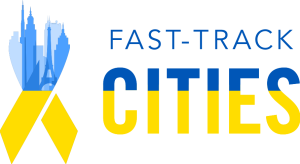
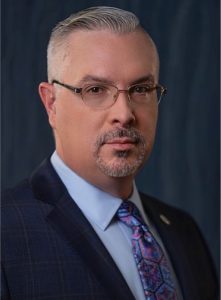 Over the past four weeks, Ukraine has become the focal point of international attention as it pushes back on Russian military aggression while enduring the hardships that war inflicts on combatants and civilians. In the images depicting the effects of military assaults, it is difficult to differentiate the people who are feeling the impact of an unprovoked war. Nonetheless, among them are Ukrainians living with HIV and people who are vulnerable to HIV acquisition based on social determinants of health. Dr. José M. Zuniga, President/CEO of the International Association of Providers of AIDS Care (IAPAC) and the Fast-Track Cities Institute (FTCI), reflects upon the humanitarian crisis and efforts to show solidarity with the people of Ukraine.
Over the past four weeks, Ukraine has become the focal point of international attention as it pushes back on Russian military aggression while enduring the hardships that war inflicts on combatants and civilians. In the images depicting the effects of military assaults, it is difficult to differentiate the people who are feeling the impact of an unprovoked war. Nonetheless, among them are Ukrainians living with HIV and people who are vulnerable to HIV acquisition based on social determinants of health. Dr. José M. Zuniga, President/CEO of the International Association of Providers of AIDS Care (IAPAC) and the Fast-Track Cities Institute (FTCI), reflects upon the humanitarian crisis and efforts to show solidarity with the people of Ukraine.
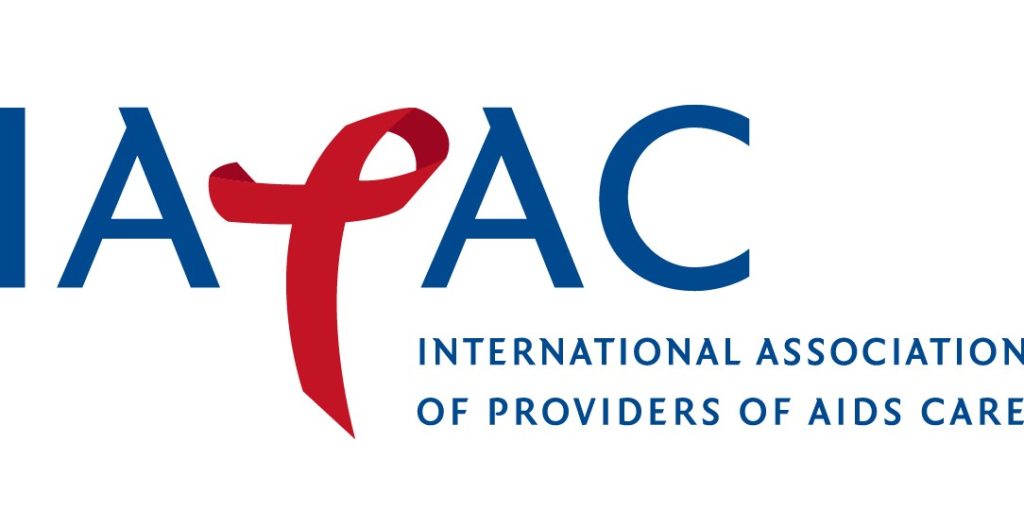


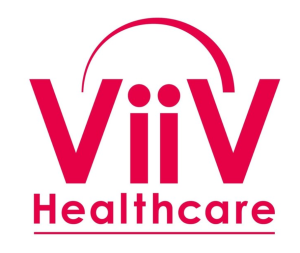
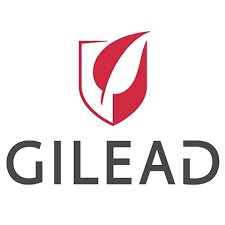
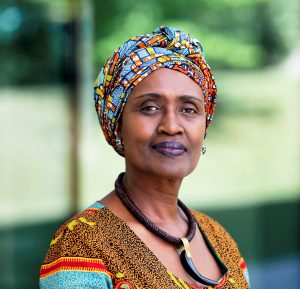 “Since the start of the HIV epidemic, cities have been at the forefront, taking a leading role in national agendas and delivering for people most affected by HIV,” said Winnie Byanyima, Executive Director of UNAIDS. “We strongly encourage cities to continue their bold political leadership and coordination, strategic partnerships that engage people most affected by the disease, innovation to address gaps in medical and social services, and to accelerate responses that reflect local needs and respect human rights.”
“Since the start of the HIV epidemic, cities have been at the forefront, taking a leading role in national agendas and delivering for people most affected by HIV,” said Winnie Byanyima, Executive Director of UNAIDS. “We strongly encourage cities to continue their bold political leadership and coordination, strategic partnerships that engage people most affected by the disease, innovation to address gaps in medical and social services, and to accelerate responses that reflect local needs and respect human rights.”





